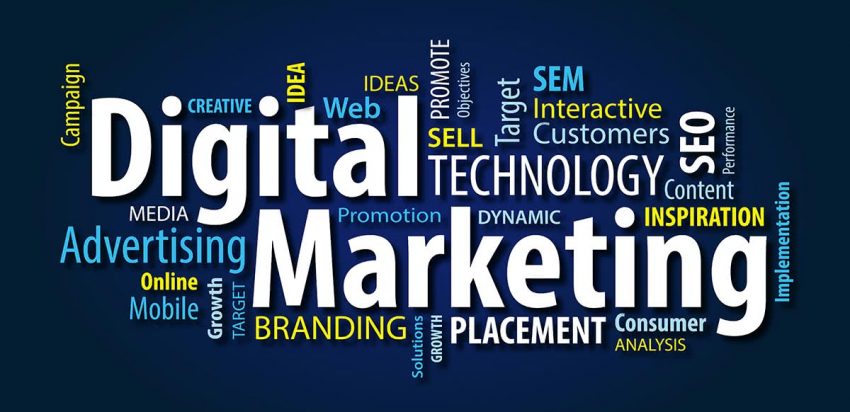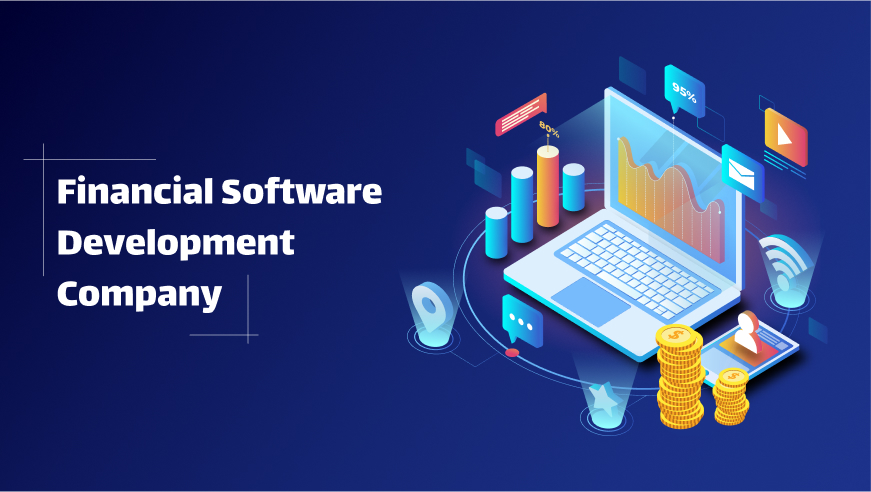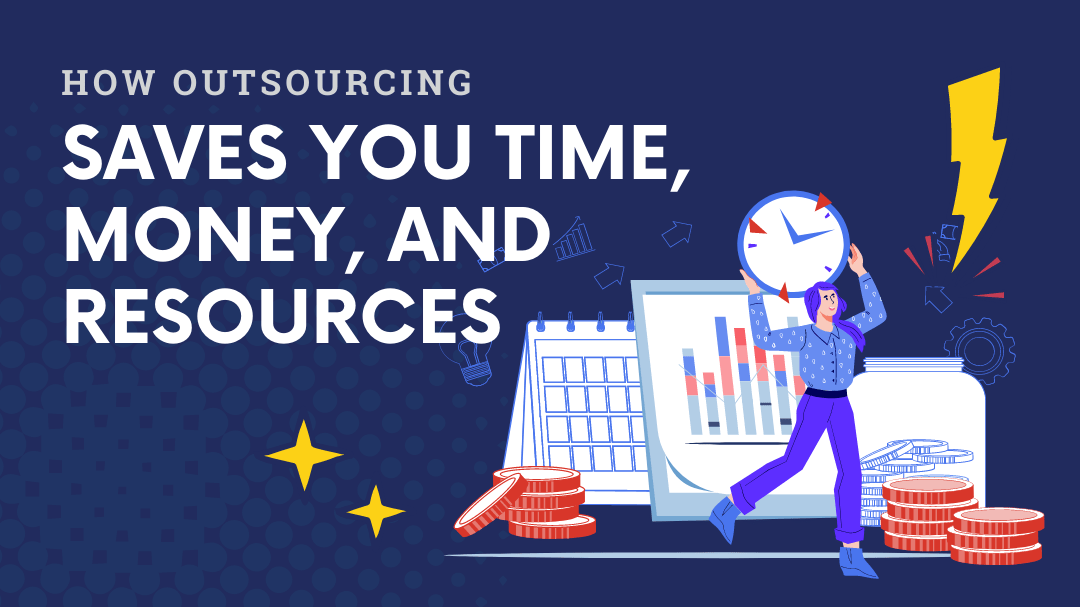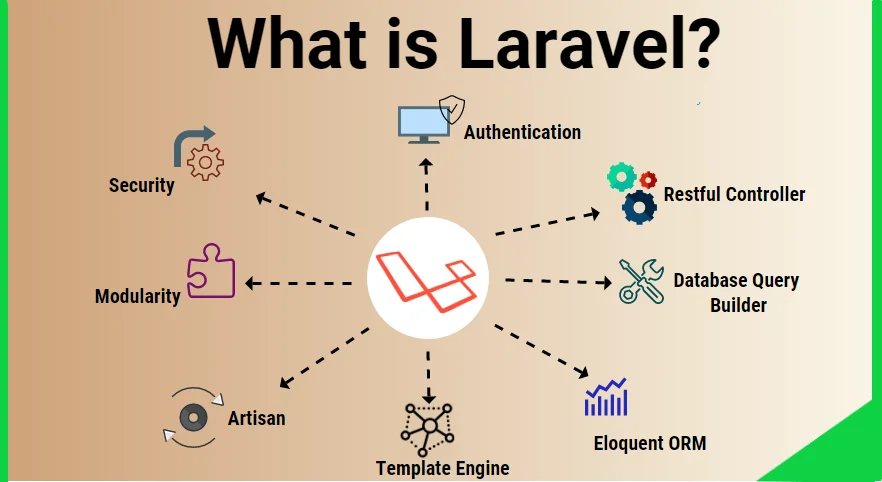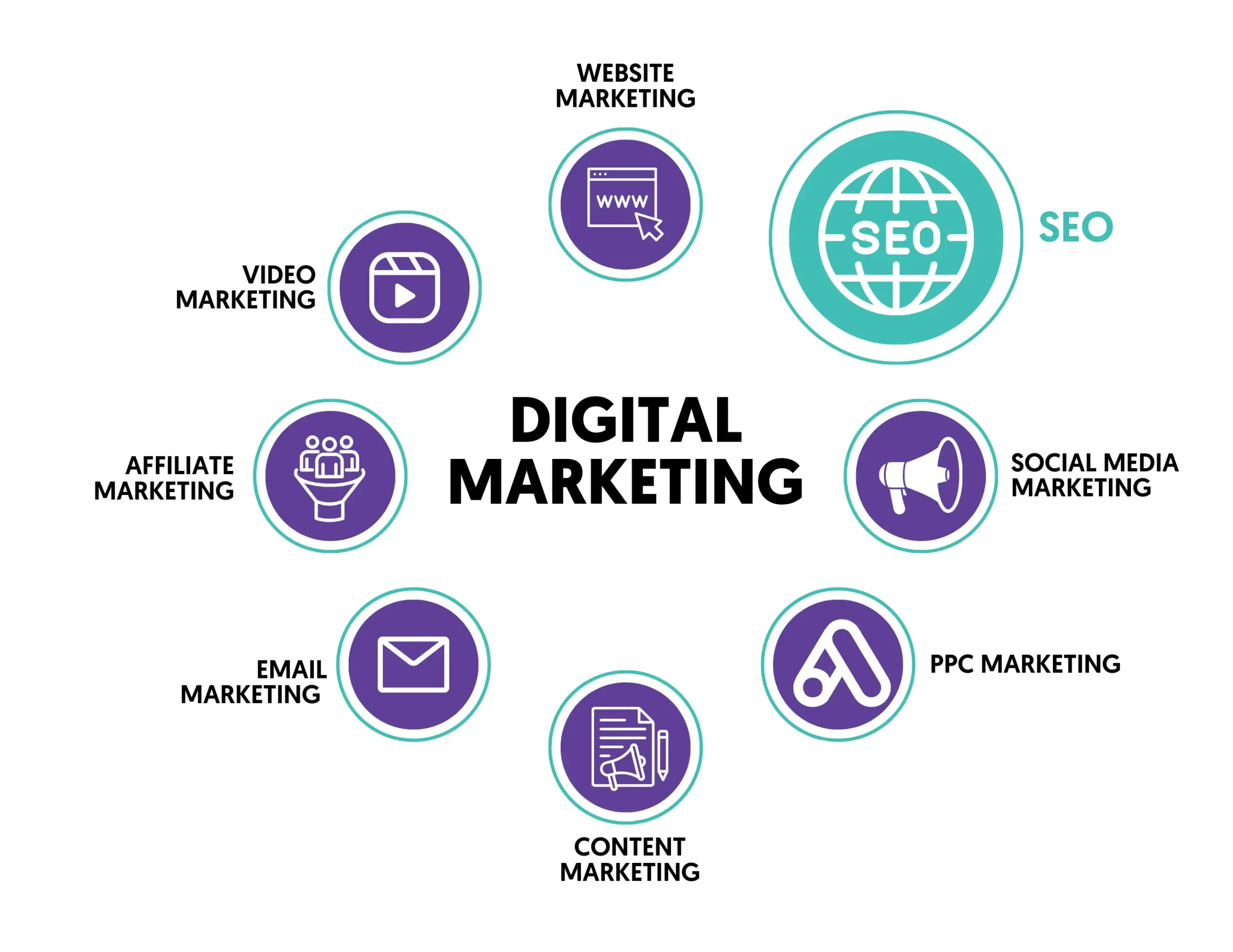
What is Digital Marketing
Digital marketing refers to the use of online channels and technologies to promote products, services, or brands. It involves various tactics such as social media marketing, search engine optimization (SEO), email marketing, content marketing, and online advertising. Unlike traditional marketing, digital marketing offers real-time analytics and insights, enabling businesses to adjust strategies quickly and effectively.
Key Components of Digital Marketing
1. Search Engine Optimization (SEO):
SEO is the practice of optimizing your website to rank higher in search engine results pages (SERPs). It involves using keywords, optimizing content, and ensuring a user-friendly website experience. The goal is to drive organic (non-paid) traffic to your website and improve visibility on search engines like Google.
2. Content Marketing:
Content is king when it comes to digital marketing. Whether it’s blog posts, videos, infographics, or podcasts, high-quality content helps educate, entertain, and engage your target audience. It builds trust and authority in your industry, and can drive traffic and conversions over time.
3. Social Media Marketing:
Platforms like Facebook, Instagram, Twitter, LinkedIn, and TikTok allow businesses to directly connect with their customers. Social media marketing involves creating and sharing content on these platforms to build brand awareness, engage with followers, and drive traffic to your website or landing pages.
4. Pay-Per-Click Advertising (PPC):
PPC advertising is a form of digital advertising where you pay a fee each time your ad is clicked. Google Ads, Facebook Ads, and other platforms offer PPC campaigns to target specific audiences based on demographics, location, interests, and search behavior. It’s a great way to boost visibility quickly and generate leads.
5. Email Marketing:
Despite being one of the oldest digital marketing strategies, email marketing remains one of the most effective. By sending personalized emails to subscribers, businesses can nurture leads, promote offers, and maintain ongoing communication with customers. Well-crafted email campaigns can result in increased sales and customer loyalty.
6. Affiliate Marketing:
Affiliate marketing involves partnering with other businesses or influencers to promote your product. Affiliates receive a commission for driving sales or leads through their referral links. This is an effective way to expand your reach and grow your brand without investing heavily in advertising.
7. Influencer Marketing:
Influencer marketing involves collaborating with individuals who have a large and engaged following on platforms like Instagram, YouTube, or TikTok. These influencers promote your brand to their audience in exchange for compensation or free products, helping businesses reach targeted, highly engaged audiences.
8. Online PR:
Digital public relations (PR) focuses on building and maintaining a brand’s reputation online. This includes managing media coverage, working with influencers, and responding to customer reviews. Online PR can improve brand credibility and trust in the digital space.
### Benefits of Digital Marketing
1. Cost-Effective: Digital marketing is often more affordable compared to traditional marketing methods like TV or print ads. With a well-targeted digital campaign, businesses can reach their desired audience with a smaller budget.
2. **Global Reach:**
Digital marketing allows businesses to connect with customers from all over the world, breaking down geographical barriers. This is especially beneficial for small businesses looking to expand their reach.
3. Measurable Results:
One of the biggest advantages of digital marketing is the ability to track and measure your efforts. Tools like Google Analytics, social media insights, and email tracking let you see exactly how well your campaigns are performing, and where you can improve.
4. Personalization:
Digital marketing enables businesses to tailor their marketing messages based on customer data, such as browsing behavior, purchase history, and preferences. This creates a more personalized experience for customers, improving engagement and conversions.
5. Real-Time Interaction:
Digital marketing offers the ability to interact with your audience in real-time. Whether through live chats, social media comments, or customer support channels, you can respond to inquiries, resolve issues, and foster better relationships with customers.
Conclusion
Digital marketing is a broad and dynamic field that encompasses a range of strategies and tactics designed to help businesses succeed online. Whether you're just getting started or looking to refine your current approach, understanding the various aspects of digital marketing is key to staying competitive in today's fast-paced digital landscape. By leveraging the right tools and techniques, you can create targeted campaigns that resonate with your audience, drive traffic, and increase sales.
Remember, digital marketing is not a one-size-fits-all approach—it's about finding the right combination of strategies that work for your specific business and audience. So start exploring the possibilities and begin building your online presence today!
Key Components of Digital Marketing
1. Search Engine Optimization (SEO):
SEO is the practice of optimizing your website to rank higher in search engine results pages (SERPs). It involves using keywords, optimizing content, and ensuring a user-friendly website experience. The goal is to drive organic (non-paid) traffic to your website and improve visibility on search engines like Google.
2. Content Marketing:
Content is king when it comes to digital marketing. Whether it’s blog posts, videos, infographics, or podcasts, high-quality content helps educate, entertain, and engage your target audience. It builds trust and authority in your industry, and can drive traffic and conversions over time.
3. Social Media Marketing:
Platforms like Facebook, Instagram, Twitter, LinkedIn, and TikTok allow businesses to directly connect with their customers. Social media marketing involves creating and sharing content on these platforms to build brand awareness, engage with followers, and drive traffic to your website or landing pages.
4. Pay-Per-Click Advertising (PPC):
PPC advertising is a form of digital advertising where you pay a fee each time your ad is clicked. Google Ads, Facebook Ads, and other platforms offer PPC campaigns to target specific audiences based on demographics, location, interests, and search behavior. It’s a great way to boost visibility quickly and generate leads.
5. Email Marketing:
Despite being one of the oldest digital marketing strategies, email marketing remains one of the most effective. By sending personalized emails to subscribers, businesses can nurture leads, promote offers, and maintain ongoing communication with customers. Well-crafted email campaigns can result in increased sales and customer loyalty.
6. Affiliate Marketing:
Affiliate marketing involves partnering with other businesses or influencers to promote your product. Affiliates receive a commission for driving sales or leads through their referral links. This is an effective way to expand your reach and grow your brand without investing heavily in advertising.
7. Influencer Marketing:
Influencer marketing involves collaborating with individuals who have a large and engaged following on platforms like Instagram, YouTube, or TikTok. These influencers promote your brand to their audience in exchange for compensation or free products, helping businesses reach targeted, highly engaged audiences.
8. Online PR:
Digital public relations (PR) focuses on building and maintaining a brand’s reputation online. This includes managing media coverage, working with influencers, and responding to customer reviews. Online PR can improve brand credibility and trust in the digital space.
### Benefits of Digital Marketing
1. Cost-Effective: Digital marketing is often more affordable compared to traditional marketing methods like TV or print ads. With a well-targeted digital campaign, businesses can reach their desired audience with a smaller budget.
2. **Global Reach:**
Digital marketing allows businesses to connect with customers from all over the world, breaking down geographical barriers. This is especially beneficial for small businesses looking to expand their reach.
3. Measurable Results:
One of the biggest advantages of digital marketing is the ability to track and measure your efforts. Tools like Google Analytics, social media insights, and email tracking let you see exactly how well your campaigns are performing, and where you can improve.
4. Personalization:
Digital marketing enables businesses to tailor their marketing messages based on customer data, such as browsing behavior, purchase history, and preferences. This creates a more personalized experience for customers, improving engagement and conversions.
5. Real-Time Interaction:
Digital marketing offers the ability to interact with your audience in real-time. Whether through live chats, social media comments, or customer support channels, you can respond to inquiries, resolve issues, and foster better relationships with customers.
Conclusion
Digital marketing is a broad and dynamic field that encompasses a range of strategies and tactics designed to help businesses succeed online. Whether you're just getting started or looking to refine your current approach, understanding the various aspects of digital marketing is key to staying competitive in today's fast-paced digital landscape. By leveraging the right tools and techniques, you can create targeted campaigns that resonate with your audience, drive traffic, and increase sales.
Remember, digital marketing is not a one-size-fits-all approach—it's about finding the right combination of strategies that work for your specific business and audience. So start exploring the possibilities and begin building your online presence today!
Category

